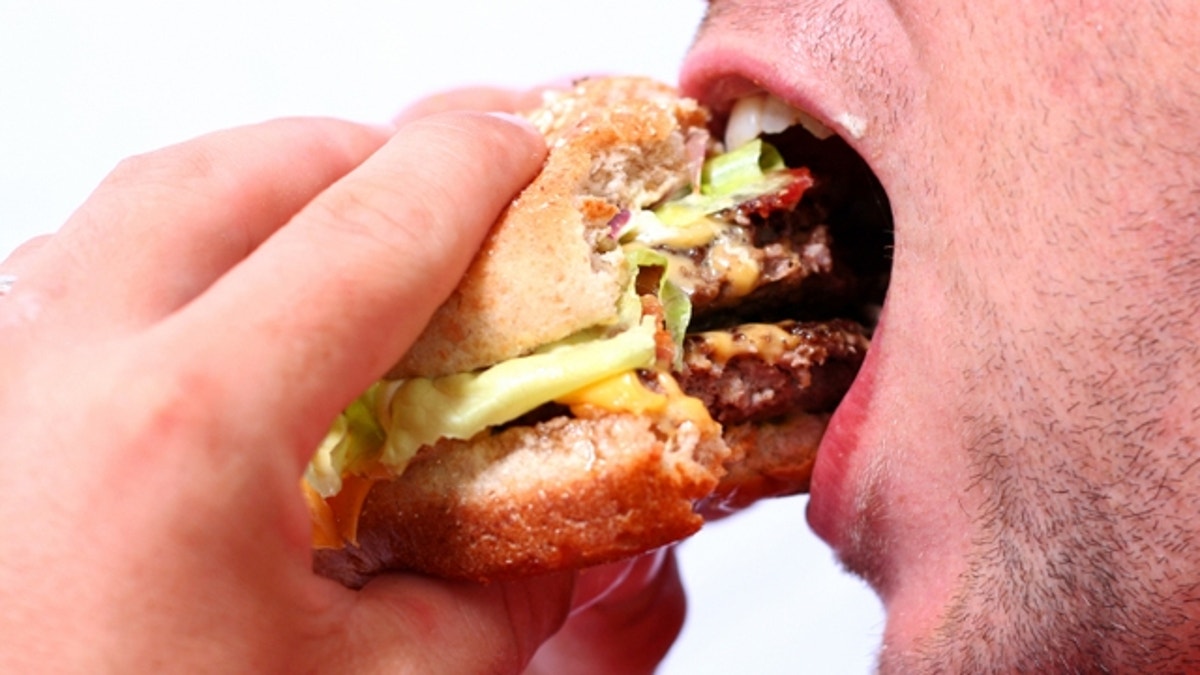
Junk food, particularly products containing trans fats, can make healthy young men infertile by damaging their sperm, a joint American and Spanish study out Tuesday showed.
Fertility doctors from Harvard University and the University of Murcia, southeastern Spain, analyzed sperm from hundreds of men aged between 18 and 22 and found those who ate a high proportion of junk food had poorer quality sperm than those with a nutritious diet.
All the men were assessed to ensure they were in optimum shape and had no other problems that may affect their reproductive system, The Sun reported.
The sperm of men with poor diets was found to be less likely to survive the journey to fertilize an egg, even if the men were a healthy weight and exercised.
Meanwhile, a separate Japanese study, also out Tuesday, found that taking moderate regular exercise can be good for a man's sperm.
A study of 215 men attending a fertility clinic in Japan found that those who took part in moderate exercise, such as brisk walking, had sperm with better swimming ability than those who took part in only light exercise.
In a further fertility development Tuesday, scientists from the University of Oxford, England, outlined a new technique that promises to improve in vitro fertilization (IVF) success rates.
More than half of all IVF embryos have genetic abnormalities called aneuploidies, in which they have too many chromosomes or too few. These abnormalities stop them from developing normally, but are hard to detect visually.
It has been possible to test either eggs or embryos for aneuploidy for several years, so that only unaffected embryos are transferred to the womb. But the new technique aims to improve screening by testing embryos for two other genetic abnormalities.
In tests on more than 200 eggs and embryos, the study showed it was possible to measure both the number of mitochondria and the length of telomeres with considerable accuracy. The researchers are now investigating how these factors seem to affect pregnancy rates, The (London) Times reported.
If the scientists find a clear association, they hope to be able to use the technique to select the best embryos to transfer in IVF treatment.








































